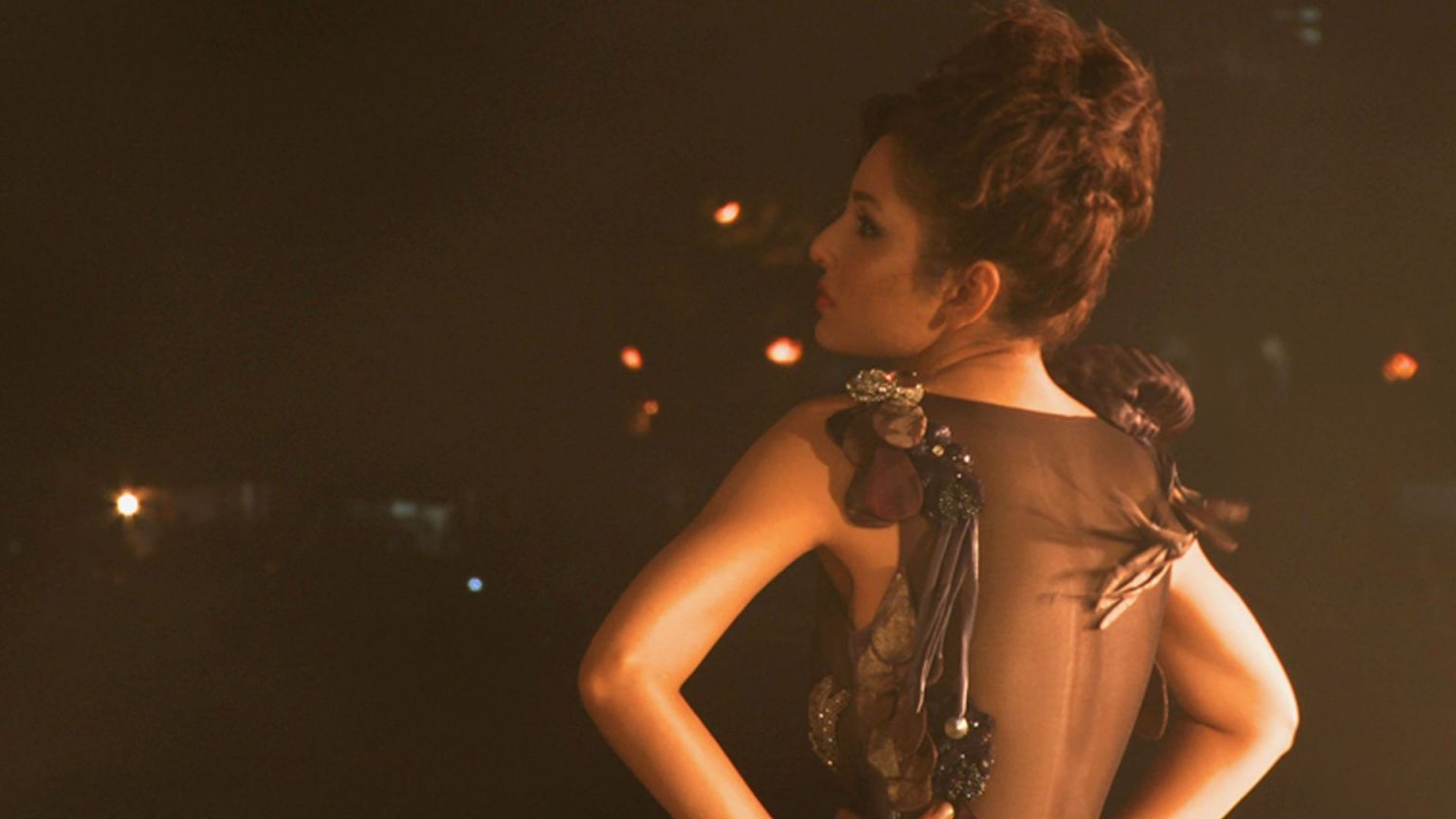The 2012 documentary The World Before Her directed by Nisha Pahuja engages with the social and ideological duality of women’s reality in 21st century India through its nuanced portrayal both of Hindu nationalist female bootcamps and Miss India beauty pageants. The juxtaposition of spaces could have fallen under an authoritative discourse that impoverished the complexity of these divergent worlds so far apart yet threaded under the same nation. One where girls are taught to patriotically defend their country from outside influences and despise overt femininity espoused by “modern” mentality with a space that presents itself as an opportunity for female emancipation as long as beauty is instrumentalized. Prachi Trivedi, a twenty-four year-old member of the Hindu nationalist organization Durga Vahini, and Ruhi Singh, a nineteen year- old contestant for Miss India passionately defend each’s worldview yet both are unable to fully belong. The World Before Her does not seek so much to address the morality of these clashing politics, but questions if Indian women can ever truly belong wherever they wish to call home.
Prachi Trivedi is willing to kill for the Hindu nationalist movement regardless that such a belief system does not align with her non-gender conforming aspirations. Prachi’s militancy is disconnected with the idea of passive womanhood she is indoctrinated to obey. She lies in an in-betweenness of her reality and her aspirations. This sequence of contradictions is mirrored in the world of pageant systems where “choice” is revealed illusion: the patriarchally fabricated idea of beauty masters female freedom.
For Pooja Chopra, Miss India gives women a platform as social visibility and power are gained: “ She has an identity to her voice now…You change from a person, you become a personality”. Ruhi expresses how pageants can be a gateway for the pursuit of freedom and individuality: a modern Indian womanhood. The documentary does not deny the validity of such belief but inquires on its multiple readings. Beauty as empowering, reclaiming femininity and sexuality, but also dehumanizing, designed under the dynamic of male dominance and female submission.
Akanksha Mehta’s review expresses how in both spaces women need to negotiate with the patriarchy (142). Neither a return to the moral values of the past or the destabilization of a globalized world, women can’t fully call either home without complying with the immemorial existence of men’s dominance. The World Before Her does not restrict modern day Indian women into one representation. Prachi and Rahi each quietly yearns for a home of her own.
References
Mehta, Akanksha. ( 2016). The World Before Her: A Review. Feminist Dissent, (1), 139-143.




